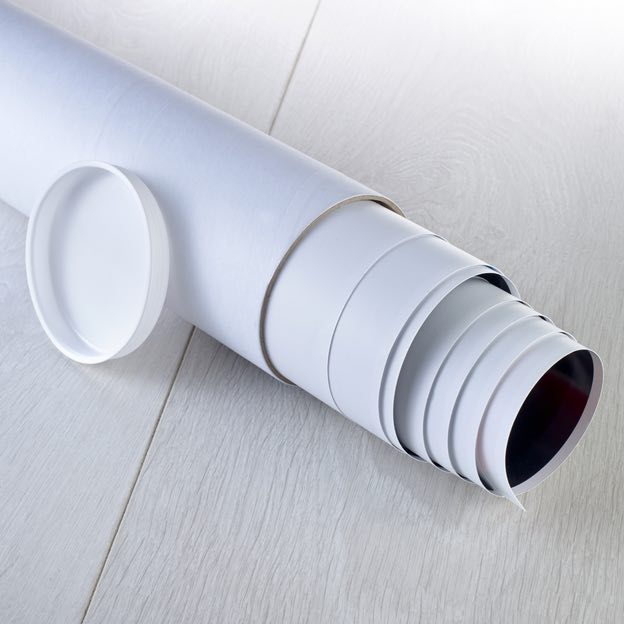Sizing information
| Overall size (inc frame) | x cm ( x in) |
| Depth | cm (in) |
| Artwork | x cm ( x in) |
| Border (mount) |
cm
top/bottom
(in)
cm left/right (in) |
| The paper size of our wall art shipped from the US is sized to the nearest inch. | |

Our prints
We use a 200gsm fine art paper and premium branded inks to create the perfect reproduction.
Our expertise and use of high-quality materials means that our print colours are independently verified to last between 100 and 200 years.
Read more about our fine art prints.
Manufactured in the UK, the US and the EU
All products are created to order in our print factories around the globe, and we are the trusted printing partner of many high profile and respected art galleries and museums.
We are proud to have produced over 1 million prints for hundreds of thousands of customers.
Delivery & returns
We print everything to order so delivery times may vary but all unframed prints are despatched within 1–3 days.
Delivery to the UK, EU & US is free when you spend £75. Otherwise, delivery to the UK costs £5 for an unframed print of any size.
We will happily replace your order if everything isn’t 100% perfect.
Product images of Washington Augustus Roebling, American civil engineer, 1883



Product details Washington Augustus Roebling, American civil engineer, 1883
Washington Augustus Roebling, American civil engineer, 1883
Washington Augustus Roebling, American civil engineer, 1883. Roebling (1837-1926) built the Brooklyn Suspension Bridge which had been designed by his father John Augustus Roebling (1806-1869). The bridge, spanning the East River in New York, was heralded as one of the most important construction projects of the 19th century. When completed in 1883 it was the longest suspension bridge in the world. John Roebling died of tetanus in 1869 after his foot was crushed in an accident during construction. Washington took over as chief engineer, and saw the project to its successful conclusion with the assistance of his wife Emily after Washington himself was incapacitated by an attack of the bends suffered while working below the river bed. From Harper's New Monthly Magazine. [New York, May 1883].
- Image ref: 1157650
- Oxford Science Archive / Heritage Images
Find related images
 zoom
zoom

















